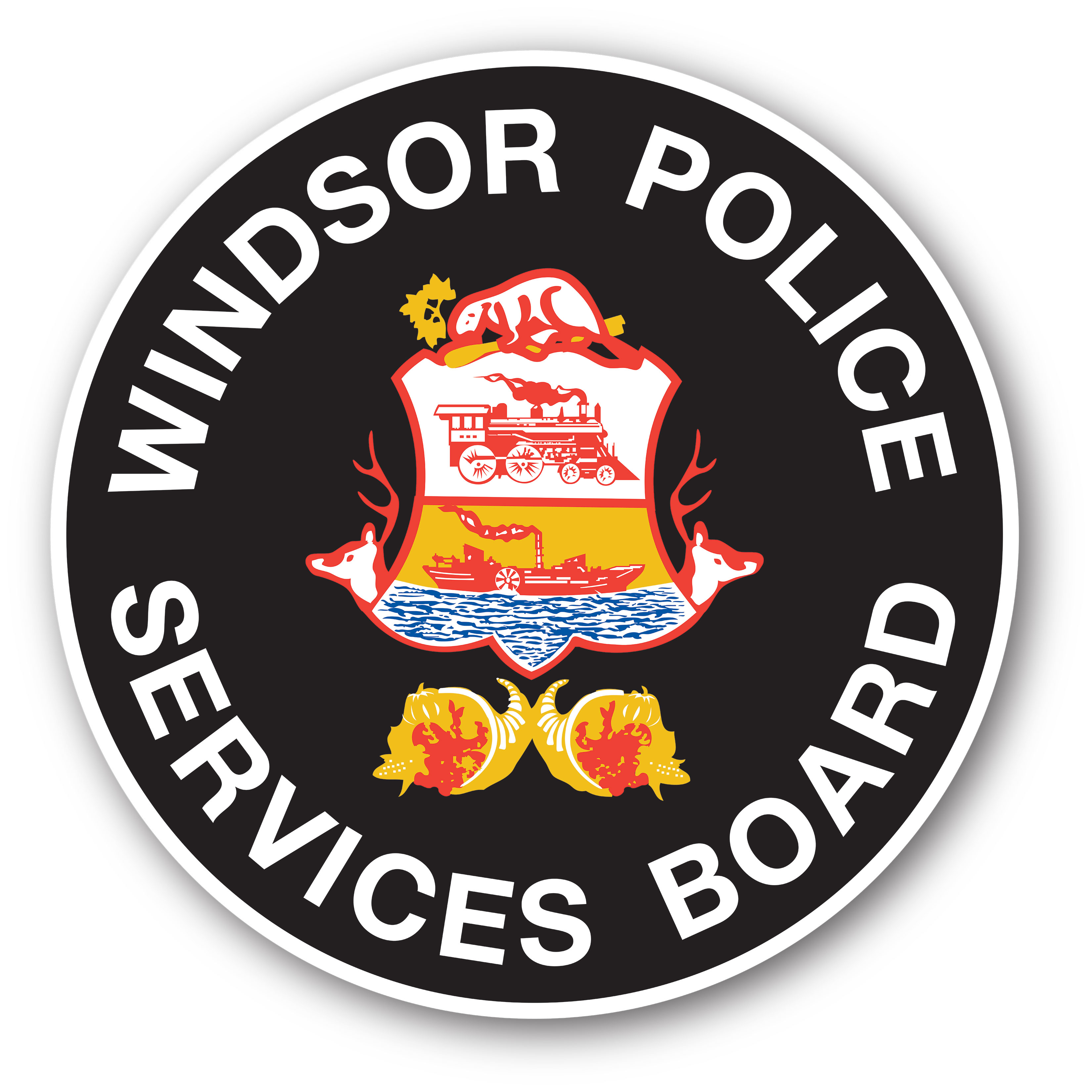
RESPONSIBILITIES
Board members are regulated by a code of conduct outlined in the Police Services Act.
Section 31 of the Police Services Act of Ontario outlines the responsibilities of Boards.
(1) A Board is responsible for the provision of adequate and effective police services in the municipality and shall:
a) appoint the members of the municipal police force;
b) generally determine, after consultation with the chief of police, objectives and priorities with respect to police services in the municipality;
c) establish policies for the effective management of the police force;
d) recruit and appoint the chief of police and any deputy chief of police, and annually determine their remuneration and working conditions, taking their submissions into account;
e) direct the chief of police and monitor his or her performance;
f) establish policies respecting the disclosure by chiefs of police of personal information about individuals;
g) receive regular reports from the chief of police on disclosures and decisions made under section 49 (secondary activities);
h) establish guidelines with respect to the indemnification of members of the police force for legal costs under section 50;
i) establish guidelines for dealing with complaints made under Part V;
j) review the chief of police's administration of the complaints system under Part V and receive regular reports from the chief of police on his or her administration of the complaints system.
(2) The members of the police force, whether they were appointed by the board or not, are under the board's jurisdiction.
(3) The board may give orders and directions to the chief of police, but not to other members of the police force, and no individual member of the board shall give orders or directions to any member of the police force.
(4) The board shall not direct the chief of police with respect to specific operational decisions or with respect to the day-to-day operation of the police force.
(5) The board shall ensure that its members undergo any training that the Solicitor General may provide or require.
(6) The board may, by by-law, make rules for the effective management of the police force.
(7) The board may establish guidelines consistent with section 49 for disclosing secondary activities, and for deciding whether to permit such activities.